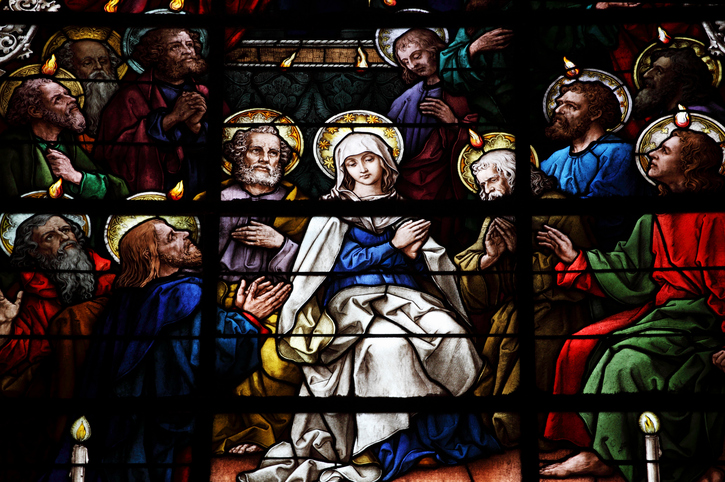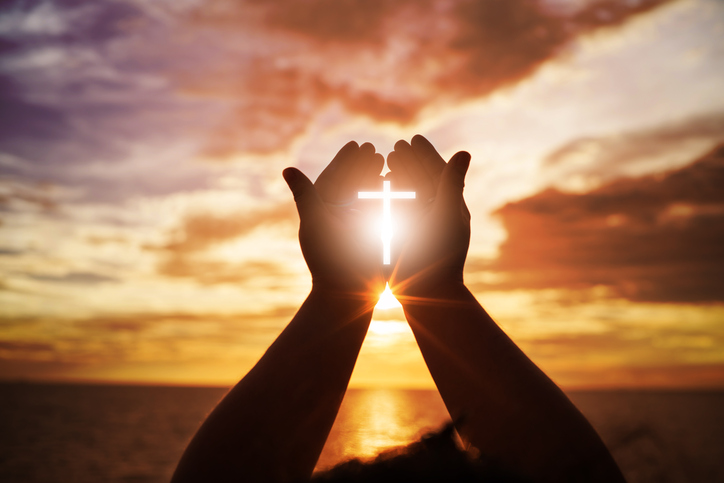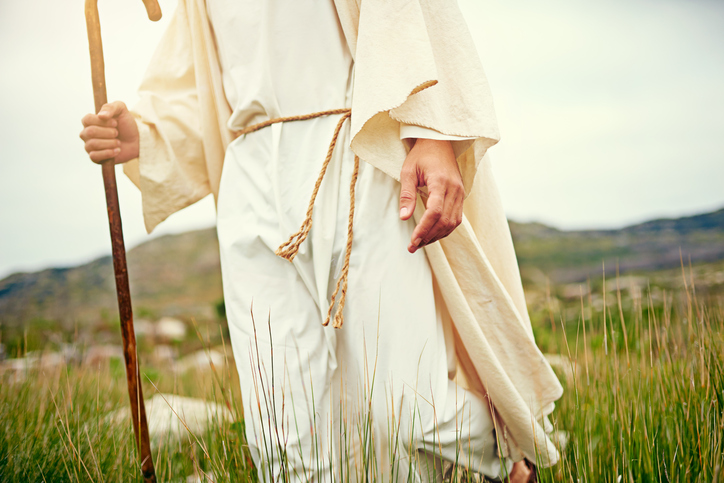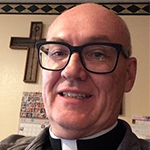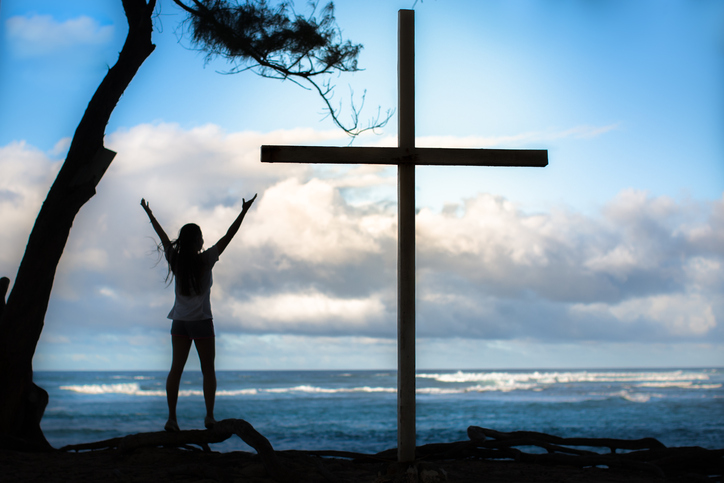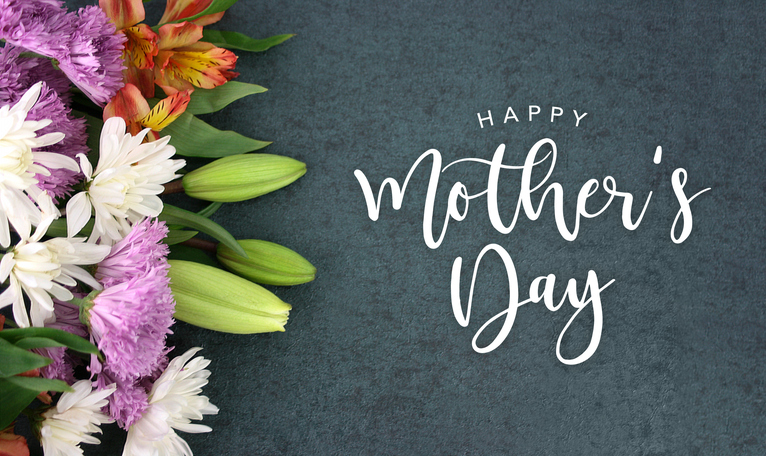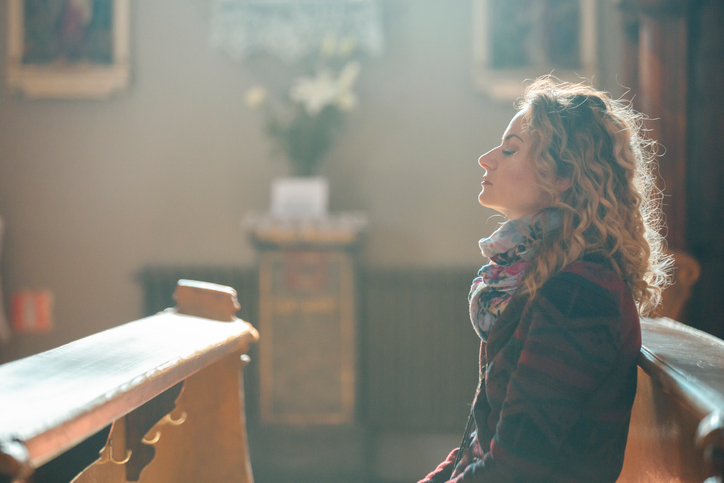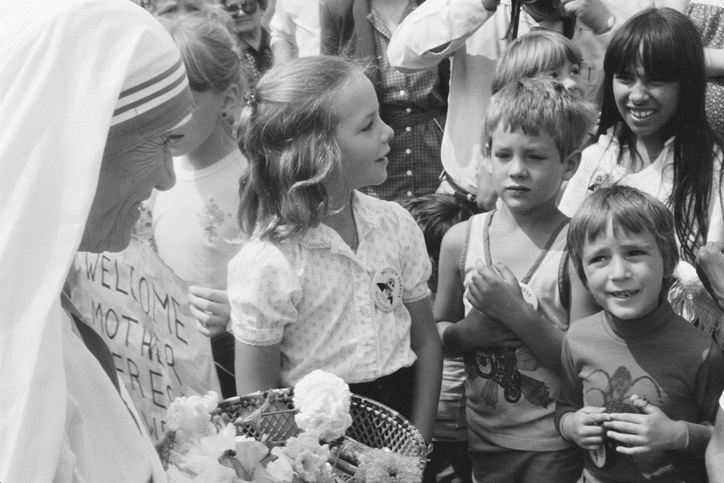How often do you hear this phrase? “Our team has spirit”; “Our class has spirit”; “I shopped at my school Spirit Store today and got the Spirit shirt!”. The “spirit” is bandied about so easily. So, I’ll ask the question again in a different way – “Do you have Spirit, THE Spirit?” Well, do you? I’ll answer for you – “Yes, you DO have The Spirit!”. And, boy, does he have a lot to say to you.
The Third Person of the Trinity was sent to the disciples by Jesus to infuse in them the grace and strength they needed to carry on His mission. When reading Scripture and noting that the disciples were simple men who at times seemed somewhat dim witted, it’s a wonder Jesus entrusted His church to their care. But, Jesus sees beyond what we see, and He had the ace in the hole – the Holy Spirit – who would guide and bolster the disciples to give them the right words and actions, strength and faith to push forward his Church.
We, too, can at times be dim witted in our living the Faith. We can forget how to bring our Faith to the world, near or far; how to see the events of the world in light of the Gospel and to act accordingly. If we call upon the Holy Spirit to guide us, we will find our way. The Spirit knows best which direction we should take. I believe the Spirit is the greatest gift Jesus could give us after giving Himself in the Eucharist. It is by the power of the Holy Spirit that the bread and wine are transformed into the Body and Blood of Christ, and together they are a force to be reckoned with!
Today is the day to regain the wonder of what happened, both at the original Pentecost and at your Confirmation. The Spirit came to you — the Spirit came to you — Yes, the Spirit came to you to be your guide, advocate, strength, inspiration, and solace. He came to help you see what is happening in our world, as well as what is in your heart. Jesus is the Way; the Spirit is the means by which we know how to follow the Way. You need only call upon him. It is the Holy Spirt that holds our Church together, and which bears you upon his wings to bolster you in times of doubt.
I’d like to share with you the Litany of Gifts, written by Fr. James Chelich of St. Thomas the Apostle Parish, Grand Rapids, MI. The Litany ends his Pentecost Novena:
For the gift of Wisdom: that we might take our place as peacemakers in the kingdom of God.
For the gift of Understanding: that we might know the will of God in the events of our life and time.
For the gift of Counsel: That we might put the will of God into practice in our decisions and our actions.
For the gift of Fortitude: that we might show courage in living lives of integrity, advancing the cause of justice.
For the gift of Knowledge: that we might know the pain and suffering of all oppressed and suffering peoples.
For the gift of Piety: that we might find ways to reach out in love to the pain and need around us.
For the Gift of Love of the Lord: that God will disarm our hearts and that the love of God that comes to us in Jesus, Our Lord, might be born within us.
God Bless!

Jeanne Penoyar, an Accounts Manager here at Diocesan, is currently a Lector at St. Anthony of Padua parish in Grand Rapids, MI. While at St. Thomas the Apostle, Grand Rapids, Jeanne was a Lector, Cantor, Coordinator of Special Liturgies, Coordinator of lectors and, at one time, chair of the Liturgy Commission. In a past life, secretary/bookkeeper at the Basilica of St. Adalbert where she ran the RCIA program for the Steepletown parishes. And she loves to write! When relaxing, she likes reading and word puzzles.
